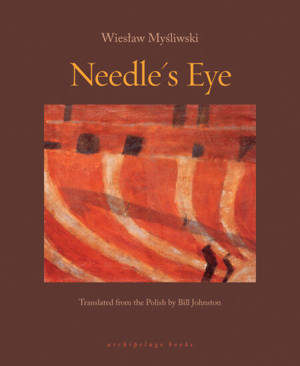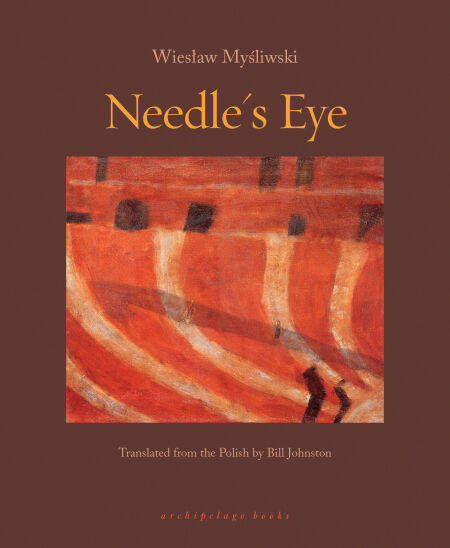
- Afhalen na 1 uur in een winkel met voorraad
- Gratis thuislevering in België vanaf € 30
- Ruim aanbod met 7 miljoen producten
- Afhalen na 1 uur in een winkel met voorraad
- Gratis thuislevering in België vanaf € 30
- Ruim aanbod met 7 miljoen producten
Zoeken
Omschrijving
A rich, polyphonic novel from one of the leading voices of contemporary Polish literature, encompassing a half-century of history and memory
In a Polish village, a young man watches an old man trip and fall down a flight of stairs. From this singular event arises a cascade of memories, regrets, and longings: the buried sensations of a whole lifetime, condensed and released. We hear of life during occupation, the scarcities of a childhood lived under the sign of war—and fragments of a home’s sounds and scents (the private speech of mothers and fathers, the treasures of coffee, raisins, almonds, and plums). There are loves unrequited and fulfilled, landscapes of winter and spring, old jobs and old friends, all flowing together.
Wiesław Myśliwski’s latest novel is a personal epic written on the smallest scale. Its narrator, a medieval historian in his latter years, lives surrounded by images of the past. From within this wandering mind, Myśliwski has composed his own ode to lost time, a nonlinear, chameleonic meditation on a half-century of Polish life as it does not appear in the historical record. Part autobiography, part dreambook, Needle’s Eye is both a writer’s farewell to the Poland of his youth and an extended address, like the final lecture prepared by its narrator, on the persistence and necessity of memory.
In a Polish village, a young man watches an old man trip and fall down a flight of stairs. From this singular event arises a cascade of memories, regrets, and longings: the buried sensations of a whole lifetime, condensed and released. We hear of life during occupation, the scarcities of a childhood lived under the sign of war—and fragments of a home’s sounds and scents (the private speech of mothers and fathers, the treasures of coffee, raisins, almonds, and plums). There are loves unrequited and fulfilled, landscapes of winter and spring, old jobs and old friends, all flowing together.
Wiesław Myśliwski’s latest novel is a personal epic written on the smallest scale. Its narrator, a medieval historian in his latter years, lives surrounded by images of the past. From within this wandering mind, Myśliwski has composed his own ode to lost time, a nonlinear, chameleonic meditation on a half-century of Polish life as it does not appear in the historical record. Part autobiography, part dreambook, Needle’s Eye is both a writer’s farewell to the Poland of his youth and an extended address, like the final lecture prepared by its narrator, on the persistence and necessity of memory.
Specificaties
Betrokkenen
- Auteur(s):
- Vertaler(s):
- Uitgeverij:
Inhoud
- Aantal bladzijden:
- 300
- Taal:
- Engels
Eigenschappen
- Productcode (EAN):
- 9781962770408
- Verschijningsdatum:
- 20/10/2025
- Uitvoering:
- E-book
- Beveiligd met:
- Adobe DRM
- Formaat:
- ePub

Alleen bij Standaard Boekhandel
+ 24 punten op je klantenkaart van Standaard Boekhandel
Beoordelingen
We publiceren alleen reviews die voldoen aan de voorwaarden voor reviews. Bekijk onze voorwaarden voor reviews.







